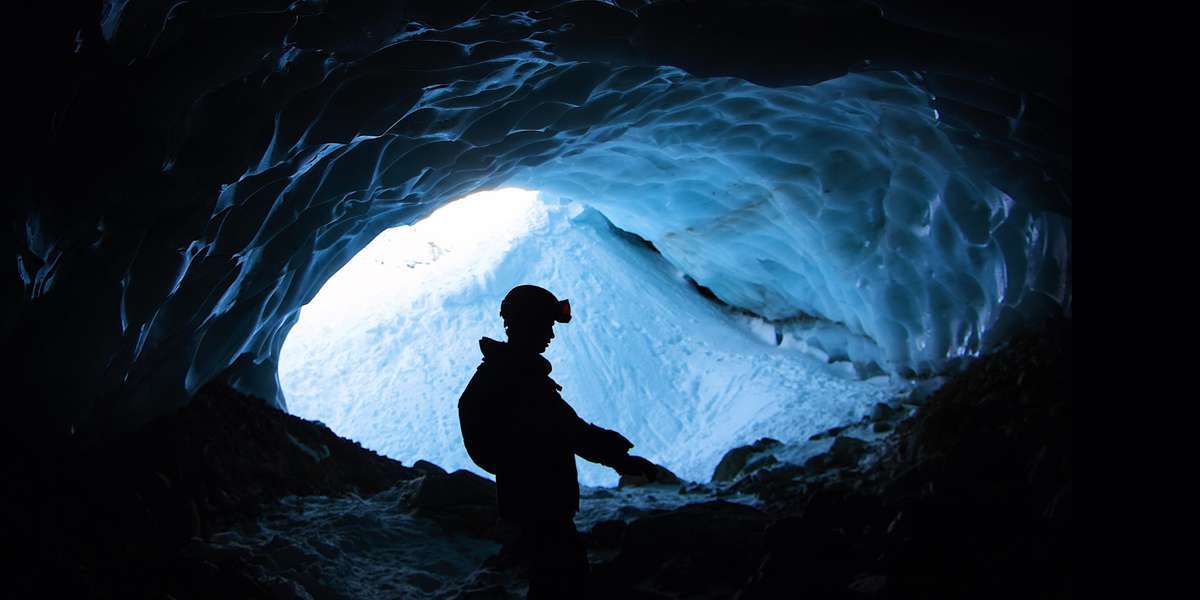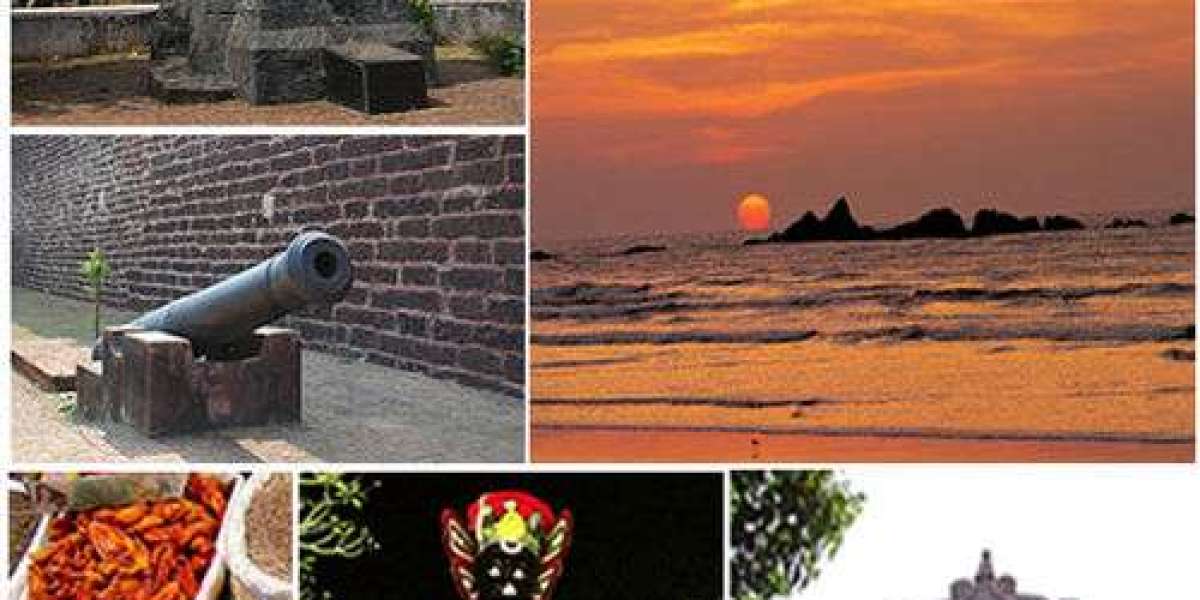Kerala's Department of Mining and Geology (DMG) is the state’s scientific watchdog and regulatory arm over critical mineral resources. Housing two major divisions, Exploratory & Prospecting and Mineral Development & Mining Leases, the DMG boasts labs for chemical analysis, geological mapping, gem testing, and core drilling capable of reaching depths of 400–500 m. Its work sustains major public-sector, industrial and agricultural needs: limestone‑cement supply, lignite in Palakkad, dimension stone quarries, beach‑sand minerals like ilmenite and zircon, plus a reserve of 24 million tonnes of limestone at Pandarathu, Palakkad and 3.29 million tonnes of limeshell in Vembanad Lake alone.
Despite robust scientific credentials, several operational challenges persist:
· Lengthy permit and lease processes
· Illegal quarrying and unregulated mineral movement
· Delays in lab analyses and production reports
· Poor awareness among miners and quarry owners
Weone, citizen-service mobile app launched by the startup company Intia with the support of the Local Self-Government Department, can modernise DMG’s mission, making geological data and regulatory workflows transparent, participatory and agile. Here’s how:
1. Verified "Minerals Kerala" Channel for Real-Time Alerts
Quarry seasonal closures, lease lapses, land-use caveats and new restrictions under the Minor Mineral Concession Rules often escape timely public awareness. A verified Minerals Kerala channel in ‘weone’ can push geo-targeted alerts:
· Permitted mining periods, rainy-season bans or slope failures
· Licence expiry reminders to quarry owners
· Live warnings during survey work or heritage-zone exclusions
These alerts optimise compliance and reduce unintentional violations.
2. 3Digitised Permit & Lease Tracking
Whether applying for quarrying leases, dealer licences, sand transit passes, or geological surveys, applicants currently submit paper forms across 14 district offices. A weone "My Minerals" tile could:
· Auto-fetch permit data post Aadhaar-auth
· Show permit stages: Applied → Site Inspection → Form A Clearance → Gazette issue
· Provide PDF permits, digitised mineral-transit passes, UPI payments
· Alert on expiry and renewal deadlines
Automating these allows quarry lease holders to focus on safety and productivity, not paperwork.
3. Crowd-Sourced Illegal Mining Reporting
Illegal granite, sand and laterite operations, especially along water-courses, can be reported. A Report Quarry feature lets citizens upload geo-tagged photos of suspicious activity. Verified tips are bulked, routed to district squads, and trigger enforcement actions. Public timers show progress and build trust in regulatory effectiveness.
4. Live Lab Result and Reservation Dashboard
DMG’s labs test samples from quarries, GSI, artisans, and private parties. Weone can show a Sample-Tracker module:
· Bar-coded sample submission
· “In lab,” “Results Issued” status icons
· PDF reports downloadable once published
Similarly, stakeholders can track reserve data (limestone, magnesite, sand) visualised on maps, supporting investment decisions and local resource planning.
5. Analytics-Driven Enforcement for Inspectors
Every permit update, reported violation or sample result creates data. Internally, weone dashboards aid DMG enforcement teams:
· Heat-maps of non-renewed leases
· Clusters of public complaints vs. official checks
· Production vs. royalty revenue misses
· Trends in lab rejections triggering inspection escalations
Armed with this, Inspectors focus on high-risk blocks, not random patrols.
6. Inspector Toolkit & Check-Form Wallet
Field officers often carry physical checklists for quarry visits or drill rig approvals. weone’s Inspector Toolkit can provide:
· Digital check forms with GPS stamping and photo capture
· Submission function to update permit stage instantly
· Push notification workflow for escalations
· Offline mode with sync once back online
This replaces paper backlog and ensures real-time updates.
7. Digital Public Awareness & Licensing Hub
Weone can host explanatory short reels and FAQs:
· “How to apply for a minor-mineral permit?”
· “Why is GPS tagging mandatory?”
· “Sand mining: roles, royalties, rights”
Nearby quarry owners earn badges (“Licence-verified”, “Lab-compliant”) when they submit due documents, encouraging lawful behaviour and peer recognition.
What Kerala Gains
· Quarry owners avoid regulatory backlogs, focus on productivity
· Inspectors move from reactive enforcement to data-guided action
· Citizens participate in resource protection and local governance
· Government highlights modern, transparent mineral governance—vital for investments, biodiversity protection, and revenue integrity
Kerala holds treasure in rock and sand—if managed right, it can enrich both economy and democracy. Embedding the DMG’s workflows into weone means geological governance becomes modern governance: fast, fair, data-driven, and truly citizen-centred.
Tap into weone—and let the stones speak.






